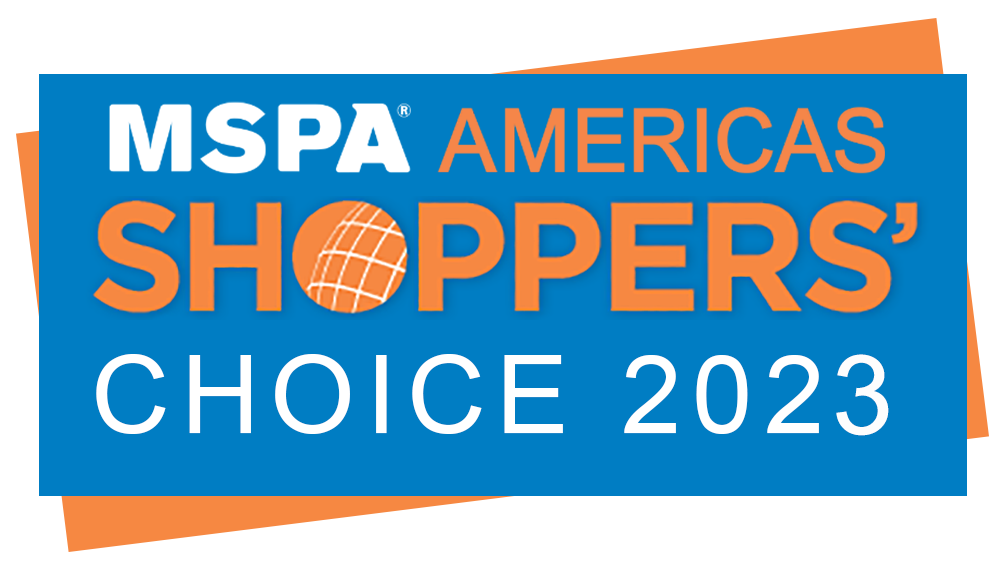Many companies choose to employ mystery shoppers and mystery shopping companies to ensure their employees are offering the best and most reliable service they can. Firms improve the customer service they offer, shoppers earn money, and sometimes employees even receive bonuses based on their performance with these secret shoppers.
Sometimes, however, this system works in a different way. Occasionally, the mystery shopper is not contracted by a mystery shopping firm or even the business entity itself. These shoppers can be self-driven, media-related, or even government-employed.
Apple Inc. is known for their brand image and well-constructed products. Apple Stores are clean and organized and employees are trusted resources for all things Apple. Trevor Middleton of TechRadar.com – a source for news, reviews, and in-depth analysis of computers, phones and gadgets – got wind that Apple Geniuses were anything but. He conducted his own mystery shopping experiment to test the knowledge, abilities, and professionalism offered by Apple Store employees dedicated to solving problems with all Apple products. Middleton’s widely read results were honest and relatively unbiased, showing that the Genius he observed was difficult to understand and helpful only with basic problems. His research represents society’s growing desire for transparency. Consumers now Google products and read customer reviews before stepping foot in a store. Bad news has always traveled faster than good, and it’s getting faster every day. [via TechRadar]
Unlike Tom Middleton, Mary Portas is not interested in focusing on one company or store. Portas is an acclaimed retail and brand communication consultant. She is also the star of the BBC program Mary Queen of Shops, in which she works to help owners revitalize their struggling or failing businesses, and Mary Portas: Secret Shopper, in which she sets out to “get shoppers the service they deserve.” On Portas’ expansive website, she allows readers to become secret shoppers by sharing their customer service reviews. The site boasts that more than 12,000 secret shoppers have filed reports and it is clear that Mary Portas has become a widely recognized and trusted source on customer service. [via Mary Portas]
One important distinction to make, however, is that Mary Portas’s shoppers are not truly mystery shoppers, but are rather offering voluntary customer satisfaction information. While still valuable, this information is generally not as reliable as information reported by mystery shoppers. Put simply, a consumer who provides customer satisfaction (or dissatisfaction information) in this format will typically only speak up if treated exceptionally or exceptionally poorly. This information may also be very general and of little help to the business. Mystery shopping companies will work with a business to ensure that shoppers are answering specific questions that offer the most utilizable information for the business.
Occasionally, secret shopping is serious business, as was the case last summer when the Congress’s investigative wing – the Government Accountability Office – utilized mystery shoppers posing as potential college students to investigate “fraudulent, deceptive or otherwise questionable marketing practices” engaged in by for-profit colleges (both privately owned and publicly traded). These undercover investigators posed as students while interacting with employees at fifteen for-profit colleges. The damning results revealed that all fifteen institutions were suspect to major violations, including encouraging students to submit fraudulent financial information, excessive contact of interested students, providing false information on accreditation, institution costs and student outcomes, incentive compensation, and more. Employees at these colleges are accused of using “high pressure marketing techniques” and scolding undercover applicants for “refusing to enroll before speaking with financial aid.” [via InsideHigherEd]
Again, this example is not a typical mystery shopping situation and the difference is all the difference. Mystery shopping is a tool that is best used as a carrot, rather than a stick. Managers and owners can discover the best practices of their employees and potentially reward excellent performance. Mystery shoppers, mystery shopping companies, businesses and consumers all want the same thing: better customer service. Mystery shopping is best used as a tool to make improvements, not to reprimand or “catch” poor service or behavior.
Each case represents possible outcomes for businesses and institutions that struggle to meet service standards that the public demands more and more every day. The GAO’s undercover students, Tom Middleton, and Mary Portas are all atypical mystery shoppers working as something of a last resort to help their fellow man to demand better conditions for consumers worldwide.
Related Articles
How Kindness Can Create a Better Overall Customer Experience
A recent Wall Street Journal article reminds us of the role that kindness plays within customer experience, both on the staff and end consumer sides. This is especially important in the current Covid-19 environment for the restaurant and hospitality industries as several...
Why Emotion Matters in the CX Journey
Establishing an emotional connection with your customers is important to establish loyalty, drive more revenue and increase customer lifetime value for your business. How you capture emotion can vary from post-transaction surveys, to requesting reviews of their experience to...
Top Tags
Solutions
Recent Articles
Contact Us
Schedule a ConsultationTalk Shop
View All ArticlesClients First, Always
IntelliShop has great client services managers. They work hard and put the client first, always. They worked hard to meet our constant requests for change and improvement and provided a friendly and non-combative response, even when we pressed them hard.


